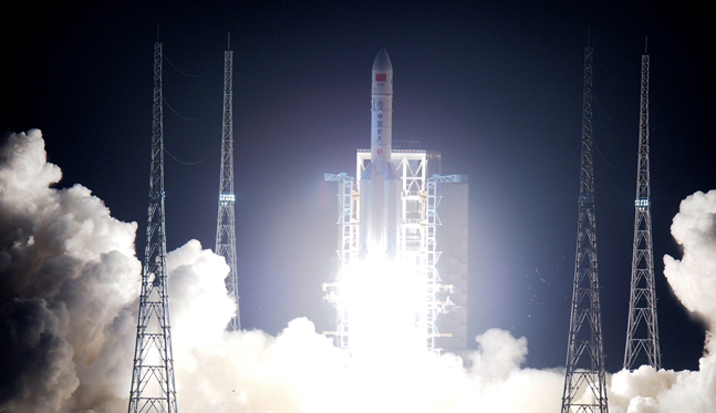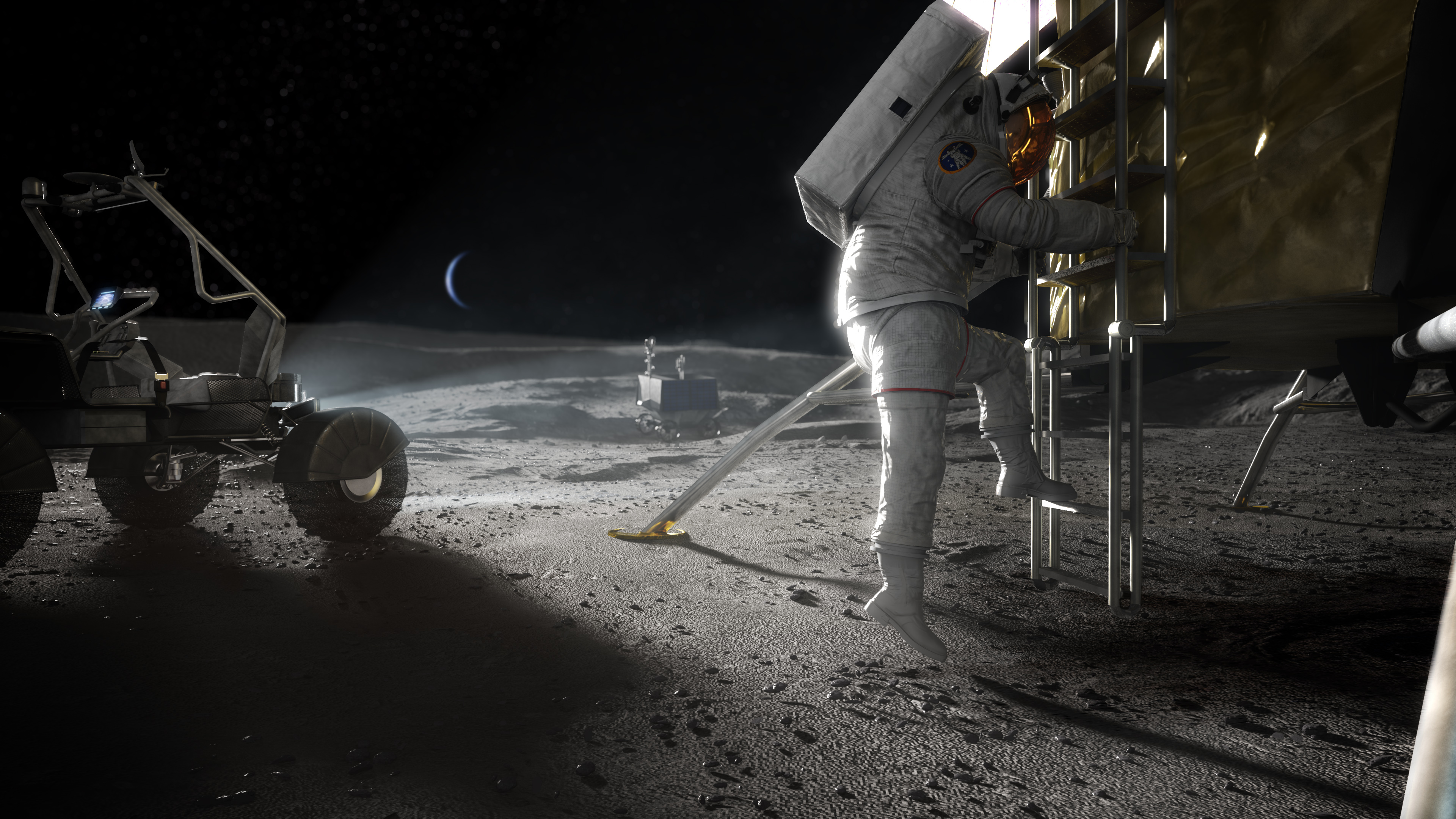US Must Deter Chinese Aggression in Space, General Says

WASHINGTON — The U.S. must be prepared for any Chinese aggression in space, said Gen. John Hyten, leader of U.S. Strategic Command.
China tested the ability to destroy a satellite in low-Earth orbit in 2007, and "they continue to test that capability today…at multiple orbital regimes," Hyten said during a Jan. 24 speech at Stanford University, one of his first appearances at a university since taking over STRATCOM in November.
"In the not-too-distant future, they will be able to use that capability to threaten every spacecraft we have in space," Hyten said, according to a press release from the Defense Department. "We have to prevent that, and the best way to prevent war is to be prepared for war. So the United States is going to do that, and we're going to make sure that everybody knows we're prepared for war." [The Most Dangerous Space Weapons Ever]
Defending and protecting the space environment is one of his two jobs as leader of STRATCOM. Hyten said, the other being defending the American people against any threats.
The general is no stranger to space, serving as the leader of Air Force Space Command from 2014 to 2016, the vice commander of AFSC from 2012 to 2014, and holding various other space-related posts throughout his 36 year military career.
Deterring aggression in space is now more important than ever, given the number of critical systems like GPS, missile warning, and communications that the U.S. relies on, Hyten said.
"If somebody wants to threaten that and if they do something to geosynchronous orbit because of where that orbit is, the debris that's created will be there forever," he said. "That means I have to figure out — with the 184,000 people who work under Strategic Command — how we defend the nation against that kind of threat and how I deter that conflict from ever happening."
Get the Space.com Newsletter
Breaking space news, the latest updates on rocket launches, skywatching events and more!
Hyten touted the Air Force's Geosynchronous Space Situational Awareness Program (GSSAP), a constellation of four satellites that survey GEO and are able to detect and track any threat that might be launched from the ground to the orbit. He described it as "basically a neighborhood watch program for everything that goes on in that high-value orbit."
Safety in space and deterrence to stop a war will also require the Air Force to work closely with industry partners, the general said.
"A lot of folks in the military think it doesn't pertain to us," Hyten said. "But it pertains to us in two ways…It creates an economic environment that the U.S. military will have to defend at some point, and it creates an opportunity for us to take advantage of a commercial sector," that can provide launch, remote sensing, and other services.
This story was provided by SpaceNews, dedicated to covering all aspects of the space industry.
Join our Space Forums to keep talking space on the latest missions, night sky and more! And if you have a news tip, correction or comment, let us know at: community@space.com.

Phillip Swarts covered the military, national security and government contracting in space for Space News from 2016 to 2017. A master's graduate of the Medill School of Journalism at Northwestern University, Swarts's work can also be found at The Washington Times and Air Force Times. More recently, he has worked as a teacher for the Arlington Public School District.

